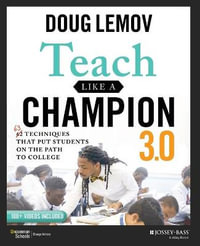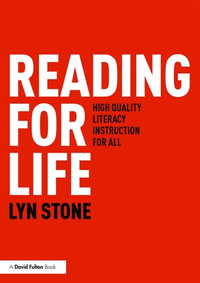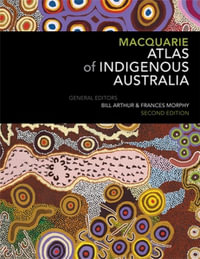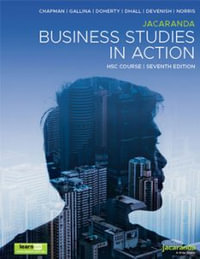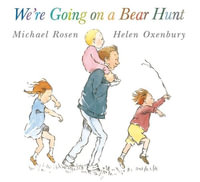"Sergiovanni documents cases of schools that have successfully reinvented themselves in order to establish a sense of 'community' as the foundation for all curriculum and instruction decisions. . . . Teachers, administrators, teacher educators, and communities seeking advice and motivation for restructuring schools for the 21st century would be well advised to consult this work."<br> --Choice<br> <br> "Provides the practitioner with both a theoretical blueprint with which to build learning communities and a rich supply of benchmark illustrations to use as prototypes. . . . thought-provoking and challenging."<br> --NASSP Bulletin<br> <br> Both in and out of schools, people are experiencing a loss of community. In this book, Thomas J. Sergiovanni explains why a sense of community is so vital to the success of any school and shows teachers, parents, and administrators what they can do to rebuild it. Filled with case studies and other school examples, Building Community in Schools provides the necessary intellectual framework for understanding the need to create communities that are inclusive, meaningful, and democratic.
Industry Reviews
"Sergiovanni documents cases of schools that have successfully
reinvented themselves in order to establish a sense of 'community'
as the foundation for all curriculum and instruction decisions. . .
. Teachers, administrators, teacher educators, and communities
seeking advice and motivation for restructuring schools for the
21st century would be well advised to consult this work."
--Choice
"Provides the practitioner with both a theoretical blueprint with
which to build learning communities and a rich supply of benchmark
illustrations to use as prototypes. . . . Thought-provoking and
challenging." --NASSP Bulletin
"Sergiovanni is the leading writer in pushing us deeper and deeper
toward understanding and creating a 'community of learners.'"
--Michael Fullan, dean of education, University of Toronto
"Sergiovanni does not just extol the virtues of educational
communities. Through rich and vivid portraits, he conveys what they
are like and how we might create them." --Howard Gardner, professor
of education and co-director of Project Zero, Harvard University





